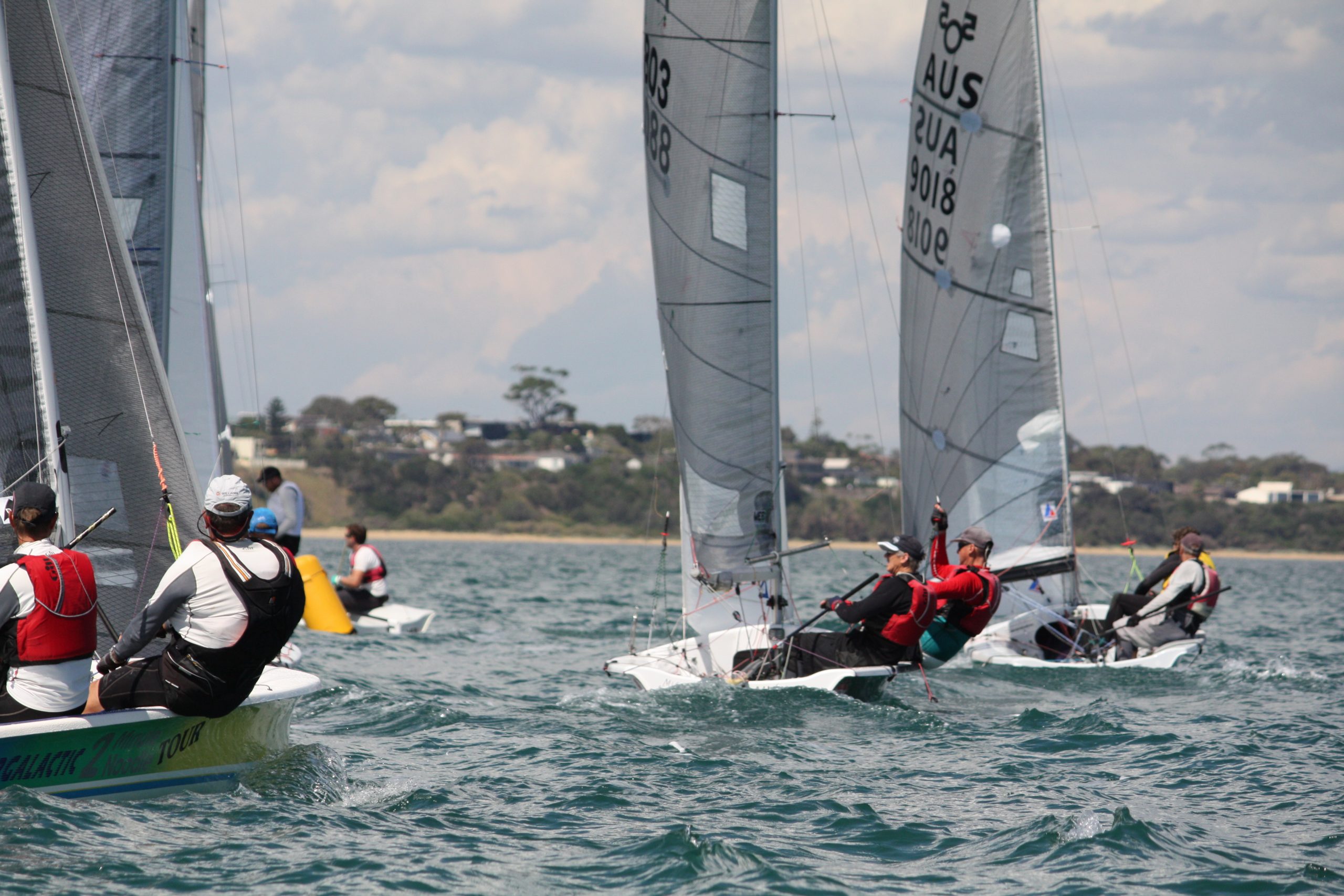

5 Sailing Tips
Tip 1: Stay Focused
A lapse in concentration at a critical time in a race can cost you several places. This sounds obvious, it is impossible to give 100 per cent concentration all the time.
If sailing in a crewed boat don’t let conversations wander away from the race. This is just as important for the time on the water before the start.
A similar situation is relevant in a single-hander, once you are on the water get into race mode. Avoid seeking out mates for a chat prior to the start.
This concentration is equally important as the race nears the finish line as it is prior to the start. Those competitors who stay focused to the end are the ones that often pull a rabbit out of the hat.
Tip 2: Nutrition and Hydration
Whether you are racing around the cans in a dinghy or one design keelboat or doing a Sydney to Hobart the correct food and fluid intake is essential to your performance.
Without the right type of energy in the form of carbohydrates to cope with the job in hand, you won’t be able to perform at your best.
After a period of intense effort and concentration followed by relative inactivity, even the fittest sailor will feel tired and make poor decisions.
Remaining hydrated is really difficult if you are working hard on the boat. Quite often by the time you are thirsty you have generally been dehydrated for some time. Dehydration affects your mental acuity.
Watch the Tour De France and notice how often the riders take sips of fluid and have a snack. Our sport is no different to the riders who tackle climbs and then downhills when they can rest a little.
Sailing also requires bursts of energy followed by periods of relatively less energy. Fuelling regularly throughout the race is essential for peak performance.
Tip 3: Develop Your Knowledge
Be a student of the rules and read articles and books on tactics, sail trim and class-specific blogs and articles.
To get better results in your sailing, learning should be incremental and ongoing, many of us get stuck and turn up each week expecting better results without having put in an effort to improve our knowledge.
Most of us have busy lives and have little free time for studying our sport. Each week concentrate on one specific topic and work on that.
Tip 4: Mix It Up
Sail on different classes of boats, sail with different people, swap positions on the boat. Sail at different clubs wherever possible.
You will be amazed at what you will learn and bad habits and weaknesses developed from sailing against the same people at the same club in the same waters will become obvious.
When you come back to your regular boat and crew you will re-evaluate many aspects of your sailing and the newfound skills and knowledge will re-invigorate the whole crew.
Tip 5: The Blame Game
Sailing like many other sports is as much about mental preparation as it is about the physical. Many wins, decent regatta places or potential miraculous recoveries have been thrown away by blame. This causes arguments in the boat which distract from concentrating on the race.
If you believe that your boat is slow, you aren’t fit enough, you are too heavy or too light or you or your crew is tactically weak and you have a bad result, it is easy to fall back on those reasons to justify what happened out on the water.
Blaming a member of your crew for a mistake that cost you places, through to anger at the sailor who barged you on the startline putting you at the back of the fleet is counterproductive and takes your focus away from the race, get over it quickly and get on with sailing.
In those situations, an after-race de-brief away from the heat of the moment will prove to be an awesome learning exercise and help to ensure that when a similar situation arises again that you will be mentally prepared to dig out and sail hard to negate the damage caused to your race.

